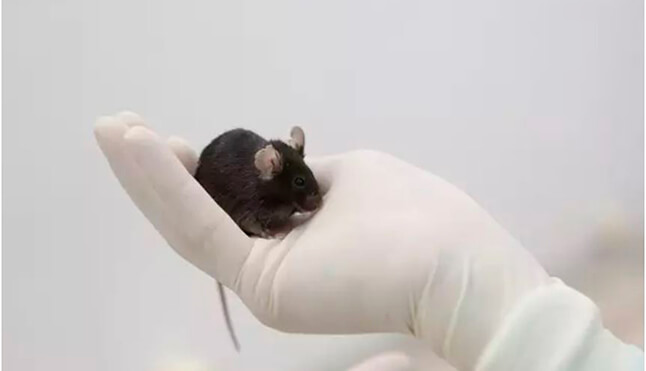
Messenger ARN (ARNm) vaccines to prevent COVID-19 have made headlines around the world recently, but scientists have also been working on ARNm vaccines to treat or prevent other diseases, including some forms of cancer. Now, researchers in China have announced that they have developed a hydrogel that, when injected into mice with melanoma, slowly releases ARN nanovaccines that shrink tumors and prevent them from metastasizing.
Cancer immunotherapy vaccines work similarly to ARNm vaccines for COVID-19, except that they activate the immune system to attack tumors rather than a virus. These vaccines contain ARNm that encodes proteins made specifically by tumor cells.
When ARNm enters antigen-presenting cells, they begin to make the tumor protein and show it on their surface, causing other immune cells to seek out and destroy tumors that also make this protein.
However, ARNm is an unstable molecule that is rapidly broken down by enzymes in the body. For cancer immunotherapy, researchers have tried using nanoparticles to protect and deliver ARNm, but they are typically cleared from the body within 1 to 2 days after injection.
Researchers at the China National Center for Nanoscience and Technology Guangjun Nie, Hai Wang and their colleagues wanted to develop a hydrogel that, when injected under the skin, would slowly release nanoparticles of ARNm, along with an adjuvant, a molecule that helps activate the immune system.
To develop their system, they used ovalbumin (a protein found in chicken egg whites) as a model antigen. The team mixed ovalbumin ARNm and an adjuvant with other compounds to form a hydrogel.
When injected under the skin of mice with melanoma tumors engineered to express ovalbumin, the hydrogel slowly released ARNm and adjuvant nanoparticles over a period of 30 days. The ARNm vaccine activated T cells and stimulated antibody production, causing tumors to shrink in the treated mice.
Furthermore, unlike the untreated mice, the vaccinated mice did not show metastases to the lung. These results demonstrate that the hydrogel has great potential for effective and long-lasting cancer immunotherapy with a single treatment, the researchers say.
infosalus.com
